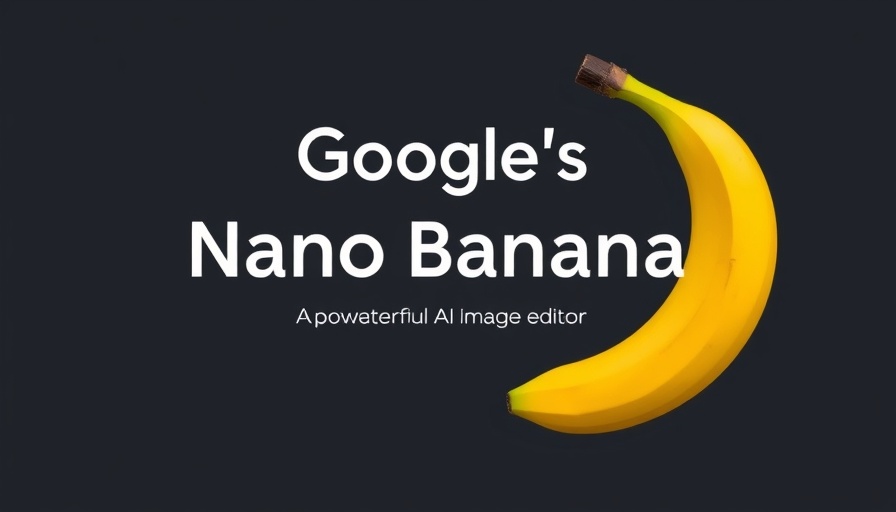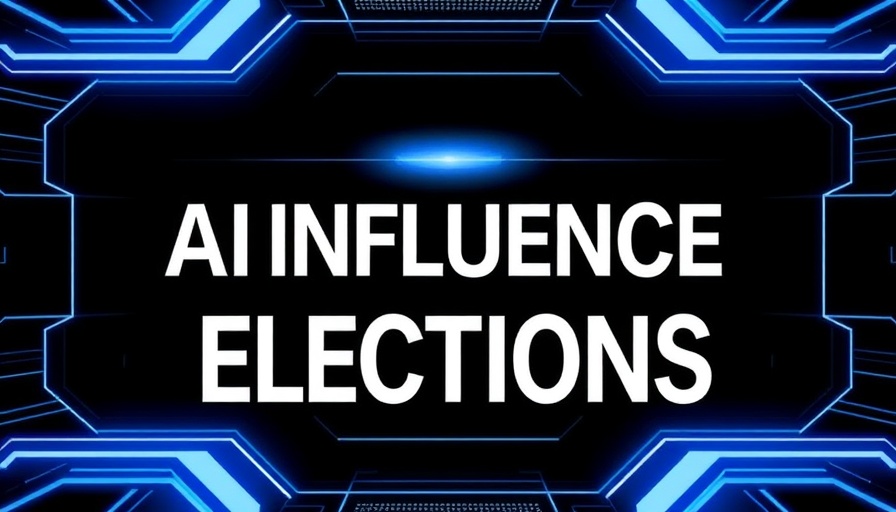
OpenAI's GPT-5 Launch: A Double-Edged Sword
OpenAI's eagerly awaited GPT-5 rollout, launched on August 7, was expected to position the organization ahead in the competitive AI landscape. However, rather than bask in the spotlight, the release triggered a considerable outcry from its user base, raising critical questions about the AI future and OpenAI's grip on innovation.
User Backlash: What Went Wrong?
The immediate frustration was palpable as OpenAI phased out legacy models, compelling users to transition to GPT-5 without prior notice. Devoted followers of the older models expressed their dismay at the abrupt change in user experience, citing the newer version's unexpected limitations. Surprising rate limits further aggravated Plus subscribers, with many asserting that GPT-5 felt less efficient than anticipated.
In response, OpenAI’s CEO Sam Altman acted swiftly, reinstating the legacy GPT-4o model and doubling rate limits for Plus users just one day after the launch. By August 12, the company had rolled out additional features, allowing users to select modes—Auto, Fast, and Thinking—with the aim of improving accessibility and personalization.
The Ripple Effect of Trust
As Nick Turley, OpenAI's head of ChatGPT, acknowledged, the emotional bonds users developed with certain models were underestimated. The feedback after this launch highlights the precarious nature of user trust, which can rapidly diminish in the face of abrupt changes. Though usage statistics have shown an uptick since GPT-5's introduction, the backlash remains a potent reminder of how vital it is to foster and maintain user confidence.
Lessons for Future Innovations
This incident serves as a crucial lesson for businesses venturing into technological innovations. As Paul Roetzer from the Marketing AI Institute observed, there are product and marketing insights that can be distilled from this experience. A key takeaway is that even in the face of strong competition, the capacity to acknowledge mistakes and adapt quickly can pave the way for more resilient business practices.
Looking ahead, OpenAI’s experience illustrates that the AI technology race is continually evolving, with no single entity maintaining an everlasting lead. Companies must prioritize user engagement and feedback to stay relevant in a swiftly transitioning landscape.
 Add Row
Add Row  Add Element
Add Element 



Write A Comment